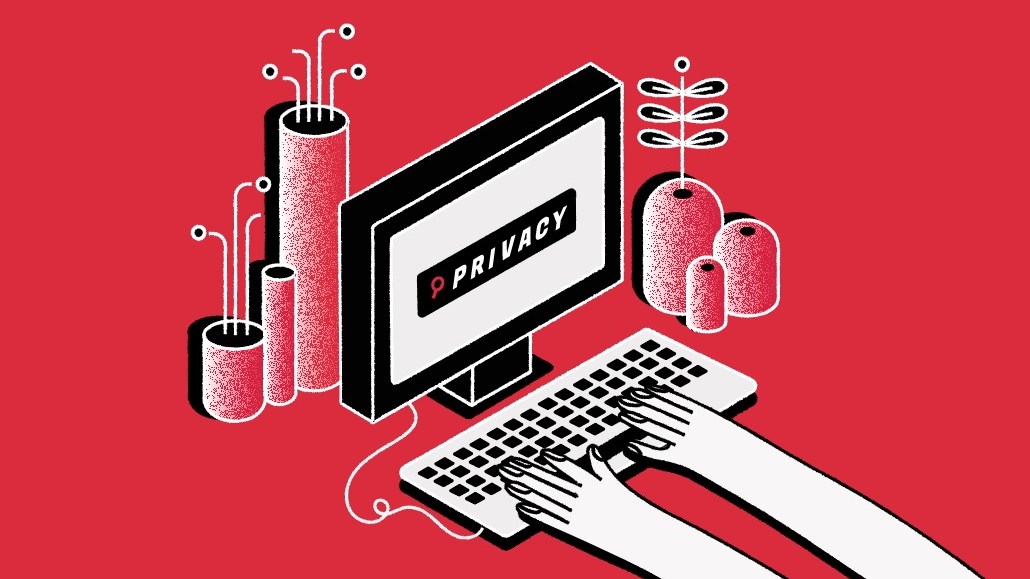Secure your place at the Digiday Publishing Summit in Vail, March 23-25

This article is a WTF explainer, in which we break down media and marketing’s most confusing terms. More from the series →
Pity the privacy compliance officers. This year companies have to adapt to five new state-level privacy laws in the U.S., which means companies’ privacy and legal teams have to figure out how to comply with the various laws and their varying requirements for how people’s personal information can be collected and used for advertising purposes and otherwise.
Fortunately for companies, the Interactive Advertising Bureau has devised a privacy compliance framework called the Multi-State Privacy Agreement that aims to aid compliance across all five state-level privacy laws at once.
“There are disclosures of personal information that happen in the digital advertising supply chain where there are presently no contracts that exist at all, but there need to be contracts going forward,” said IAB evp and general counsel Michael Hahn.
The MSPA — in conjunction with the corresponding Global Privacy Platform — effectively functions as a contract-creating trigger to institute agreements between the companies collecting people’s personal information and the companies that may access that data through the programmatic advertising supply chain.
Sound complicated? It is and it isn’t, as the video below explains.
More in Marketing

Brands at eTail Palm Springs share lessons on the ‘messy middle’ of building AI tools
Here’s a rundown of lessons brands have shared about their AI implementations so far.

Despite 2025 revenue beats, The Trade Desk’s stock price falls sharply after earnings update
Despite 2025 revenue nearing $3 billion, lower-than-expected Q1 guidance disappoints, as CEO Jeff Green pushes back against competitors and detractors.

Brands celebrate tariff reprieve, but fresh uncertainty looms
After the Supreme Court struck down Trump’s tariffs, brands welcomed the relief but say ongoing trade uncertainty and unanswered questions about refunds are keeping business decisions on hold.








